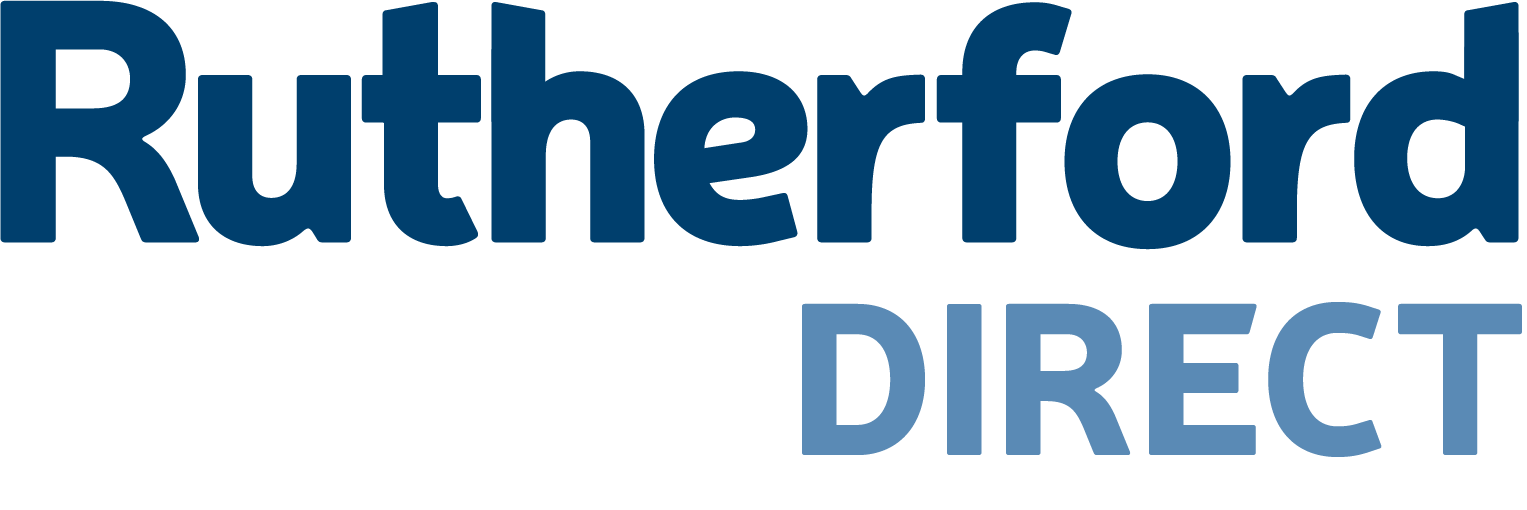The emphasis often seems to be about providing packages incorporating as many tests as possible, with only minimal consideration being given to the impacts of such testing on health. As an NHS GP I have frequently been faced with an anxious patient grasping a sheet of mildly abnormal blood results derived from such a health check.
One of the particular difficulties faced by those within an organisation responsible for procuring health checks is that there is a wide range of types of health checks. There is often considerable variability in pricing, components, delivery and the use of clinical staff. Therefore it can be extremely challenging to separate the wheat from the chaff.
On the other hand carefully-designed health checks ought to represent high-value care with improved outcomes and reductions in costs. For example, sound research evidence demonstrates that detecting early-stage bowel cancer is associated with improvements in survival plus lower levels of subsequent physical and psychological disability. Direct healthcare costs are also lower (because of less complex/invasive treatments) and with less financial burden on individuals, families and employers thanks to faster recovery and less time off work.
My forthcoming book Better Value Health Checks: A Practical Guide examines the issues to be considered by organisations or individuals wanting to purchase or procure a health check package that will actually make a difference to health and wellbeing.
A better value health check is one in which each element – from the choice of the components, the way they are delivered, to the pathway after the clinical data collection – has been carefully considered with outcomes and costs in mind.
Moreover, the outcomes need to encompass not just what seems important to doctors and nurses but also what matters to those having a health check. High-value care is about achieving maximum benefit and minimal harm (physical, psychological and financial) in the context of a particular person's values and priorities.
Based on the book I have also developed an accreditation framework that enables health checks to be graded using the following key questions:
- Is the health check based on need?
- Is the health check outcome-oriented?
- Is the health check cost-conscious?
- Is the health check evidence-based?
- Is the health check information-focused?
By focusing on-better value health checks the emphasis moves away from operational discussions about the process of health checks to the actual health benefits – or outcomes – achieved. I am not suggesting denying, dissuading, or deterring individuals from having a health check, but rather finding ways to divert them to a new model.
Nick Summerton is an NHS doctor and author of Better Value Health Checks: A Practical Guide










